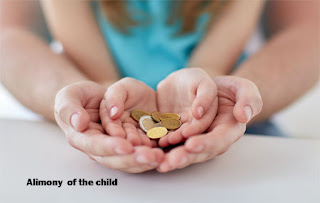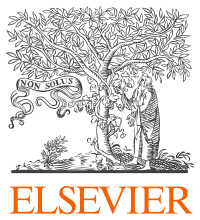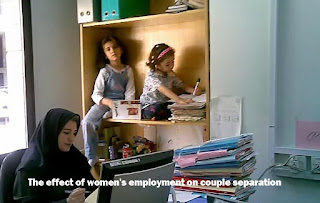The born Children from modern fertility from a jurisprudence and legal point of view ( Article: Children Alimony)
a Samira Mozaffari Laqa ,b Mahmoud
Aghajani, Investigating the alimony status of children resulting from new
fertility from the perspective of Imamiah jurisprudence and Iranian
law''International Congress on Humanities and Fine Arts, Oxford University, UK
, (May 2020)
a M.A in Family Law, Department of Islamic Law and Education, Kerman Branch, Islamic Azad University, Kerman, Iran
b Ph.D. in Jurisprudence and Islamic Law, Assistant Professor of Islamic Jurisprudence and Foundations, Kerman Branch, Islamic Azad University, Kerman, Iran
Site address and place of publication of the article:http://panel.ischps.com/en/
The focus of the Conference:
Article Axis: Investigating the alimony status of Children Born of Modern Fertility, Law
Abstract
One of the most important human achievements in the field of medicine is the treatment of infertility in couples using modern methods of reproduction. This great scientific progress, in addition to meeting the couple's need for childbearing, also raises various questions in the jurisprudential and legal fields about these children in the minds of users. One of the questions that arises in this regard is who is responsible for paying alimony to children who are born using new fertility? Couples using this type of fertility or donors? The aim of this study was to investigate the views of Imamieh jurisprudence and Iranian law on the situation of child alimony resulting from new fertility. And In it we examine who is required to pay alimony for this type of child and what punishment is imposed on them if they refuse to pay alimony. The research method is descriptive-analytical and the collection of information is library and from available resources.
Keywords: Alimony, New Fertility, Imamieh Jurisprudence, Iranian Law
Conclusion
We have achieved these results by conducting studies on children's alimony resulting from new fertility. If we want to express alimony in a single and general meaning that includes its meaning in Imamieh jurisprudence and Iranian law, the costs of providing the necessary necessities such as food, clothing, housing, etc. are. In Imamieh jurisprudence and Iranian law, the father is responsible for providing for the needs and it is obligatory upon him. Then, in case of inability or death of the father, this is obligatory on the paternal ancestors and is the responsibility of them. Ultimately, if they are unable to do so, it is the responsibility of the mother and then the maternal ancestor. If you do not pay alimony, you will be sentenced to imprisonment due to your financial ability under Article 1198 of the Civil Code. In the case of children born of new fertility, in all ways that the birth of a child is due to the combination of ovum and sperm of a legal couple. This rule applies so that the Iranian legislature, in support of this type of child, in Article 53 of the Family Protection Law, has imposed a sixth-degree imprisonment sentence for the perpetrator of non-payment of alimony. In the method of embryo donation (alternative uterus) and the method of simulating the payment of alimony, it is slightly different and the provisions of Article 1199 of the Civil Code apply. Because in the method of embryo donation, the child has two mothers (the woman who owns the ovum and the woman with the surrogate uterus).If the child's father has died or is unable to pay alimony and does not have paternal ancestors, woman who owns the ovum is committed In childcare, not a woman who has a uterus, because a woman who has a uterus does not have a relative relationship with her child and is considered her second mother. In the simulation method, child alimony is the responsibility of the child's recipients. If the recipient marries, child alimony is with the recipient couple. However, regarding the guarantee of non-payment of alimony in all methods, if a person refuses to pay child support, he she will be subject to the provisions of Article 53 of the Family Protection Law.
How To Cite The Article:
If you want to refer to this article in your research work, you can simply use the following phrase in the resources section:
Inside the text, wherever a phrase or achievement of this article is mentioned, after mentioning the content, the following specifications are written in parentheses.
For the first time: Mozaffari Laqa, Samira and Mahmoud Aghajani,(2020)
For the second time onwards: Mozaffari Laqa and Aghajani,(2020)
Scientific Sponsors Of The Conference Proceedings








Comments